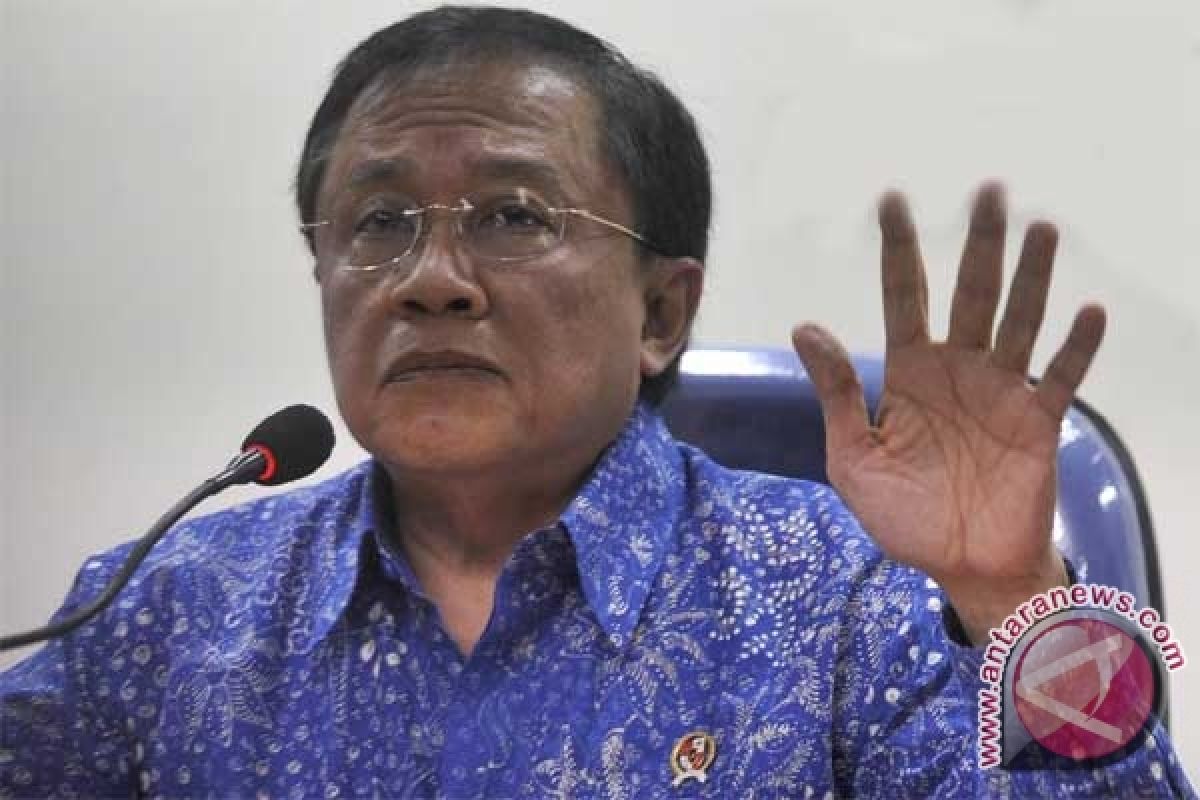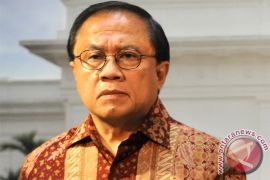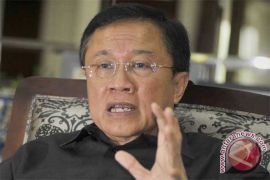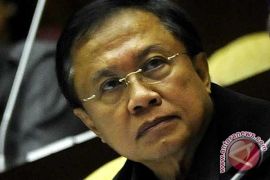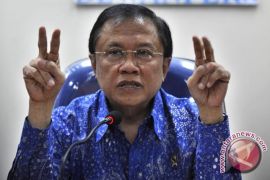"We are ready to mediate this problem. We hope they are prepared to be mediated and have a tripartite meeting," Deputy Chairman of the Press Council Bambang Harimurti said after a discussion on boycott threat to media organizations on Thursday.
The same offer was also made by the Indonesian Broadcasting Commission (KPI) on Wednesday. "KPI is prepared to facilitate a meeting between the government and the media organizations so that they would discuss their problems," KPI commissioner Idy Muzayyad said.
The cabinet secretary made a controversial statement on Monday which sparked reactions and regretted by various circles ranging from politicians, communications experts, activists to senior journalists.
Dipo stated on Monday that he would ordered government agencies to boycott certain media organizations so that they would not put ads on them because they often made imbalanced reports and vilified the government.
The threat of boycott is apparently addressed to national private television stations Metro TV and TVOne as well as the Media Indonesia daily.
Metro TV and Media Indonesia which are grouped in the Media Group said on Wednesday they had sent a subpoena to the cabinet secretary in connection with his statement they considered as an attempt to put shackles on and silence the press.
"We are calling on Dipo Alam to offer an apology to the public and withdraw his statement he made on February 21, 2011," Media Group lawyer OC Kaligis said.
Dipo Alam was given a 3x24 hour deadline to apologize to the public and to withdraw his statement, or else the Media Group will take the legal avenue. "If he does not apologize and withdraw the statement, we will take the legal avenue," OC Kaligis said.
He said Dipo in his statement violated an article in Law No. 40 /1999 on the press, which is punishable by two years in jail and a fine of Rp500 million. He said that it was inappropriate for Dipo to make the statement threatening the freedom of the press as one of the pillars of democracy.
Dipo`s statement triggered criticisms from various circles. At a hearing with Commission II on home affairs, Dipo was grilled by lawmakers.
"Your statement on media boycott is inappropriate because the media is one of the pillars of democracy in Indonesia ," legislator Nurul Arifin of the Golkar Party faction said.
Coordinator of the Indonesia Clean Movement (GIB) Adhie M Massadi accused Dipo of having made the statement with the knowledge of the president.
He said that the statement was the voice of the government. "Dipo has made the statement with only two possibilities, namely at the instruction of the president or at his knowledge," Adhie said.
Petition-28 activist Haris Rusli Moti said that Dipo as a state official had set a bad example for democracy in Indonesia. Therefore, Petition-28 activists, he said, reported Dipo to the Press Council.
Not only that, senior journalists also criticized the cabinet secretary for his statement.
"I deplored it. He may say he does not like this or that but must not give a verdict. The call for a boycott is a verdict and it harasses press freedom," senior journalist Fikri Jufri said at the Indonesian Journalist Association (PWI) building here on Thursday.
"I wish it was just a "slip of the tongue" because I know Dipo Alam who was then a student activist of state University of Indonesia," he said.
He said he had known Dipo Alam since the late Ali Sadikin as a Jakarta governor. At the time Dipo Alam was one of the student activists that protested the government`s policy and supported Ali Sadikin.
Senior journalist Rosihan Anwar meanwhile said he did not share Dipo Alam`s view that the press is a power stakeholder. He said the orientation of the press is not power.
"The press is not a power as power is identical with politics. Politics about power is ability to control government, force will, mobilize police force. The press is not like that," he said.
He said the press does not have power to force its will because its job is mere gathering information and seeking access to information to spread it to the public. The press does not have an authority to impose its will on the people.
Culturalist Arswendo Atmowiloto shared Rosihan saying that "the press is often called a bee without a sting."
In order to end the polemics, the Press Council and the Indonesian Broadcasting Commission are offering to mediate it.
"We are ready to mediate this problem. We hope they are prepared to be mediated and have a tripartite meeting," Bambang Harimurti.
He said that Dipo Alam had stated he was ready for the mediation effort but the Press Council was still to send invitations to the three media organizations. "Mediation needs agreement between the two sides. So, we would ask the media organizations first whether or not they are prepared to be mediated," Bambang said.
In the meantime, Dipo Alam said he was ready for the mediation and was not willing to let the problem be prolonged. "I hope it would stop until here, I am prepared for a mediation by the Press Council," he said.
He said that his side had not yet carried out the boycott threat and stressed that his statement was actually intended to criticize the media so that it would not become a means of tyranny.
"There is no media organization that has been boycotted by ads. Why I should offer an apology. I just criticize them so that the media would not become tyrant," the cabinet secretary said. (*)
Reporter: By Andi Abdussalam
Editor: Kunto Wibisono
Copyright © ANTARA 2011
